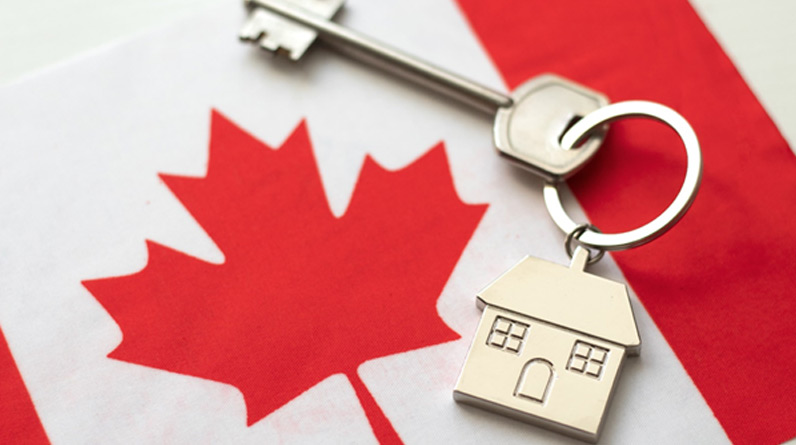The Canadian government has taken several steps to address the high cost of homeownership. One of the recent measures introduced last year was an anti-flipping tax to reduce speculative demand in Real Estate Canada. The measure, which became law on December 15, 2022, applies to all residential properties, including rental properties, sold on or after January 1, 2023.
The government believes that property flipping has contributed to the high housing prices and wants to ensure that the profits from flipping residential real estate are subject to full taxation. This new legislation, announced in the federal budget released on April 7th, 2022, aims to make homeownership more affordable for Canadians by curbing property flipping.
Definition of “Flipped” Property in Canada
In Canada, a property is considered “flipped” if it is a housing unit owned for less than 365 consecutive days before its sale and is not considered an inventory of the taxpayer. Exceptions to this rule may apply in certain life events, such as death, disability or illness, or a threat to personal safety.
Flipping a property involves buying it, renovating or improving it, and then selling it for a profit in a relatively short amount of time. Profits made from flipped properties are typically subject to income tax as business income rather than the lower capital gains tax rate. Understanding the tax implications of flipping property to ensure compliance with the Canada Revenue Agency’s rules and regulations is essential.
Changes in the Anti-Flipping Tax
Previously, when an individual sold a property, only 50% of the gains from the sale were taxed, and there was a principal residence exemption for those selling their primary residence.
However, the latest changes mean profits from flipping properties are fully taxed and are not eligible for either capital gains inclusion or the principal residence exemption. The new anti-flipping measure will ensure that the profits from selling any residential property, which the owner has held for less than 12 months, will be taxed as business income. This includes the sale of principal residences that have been owned for less than 12 months.
Real estate investors flipping or rehabbing homes for profit were already subject to either capital gains or business taxes when selling their investments. While the taxation of flipping properties is not new, the new rule may impact those who flip their principal residence.
Exceptions to the Tax
It is important to note that some exceptions exist to this rule, including death, divorce, safety issues, illness or disability, relocation due to education or employment, insolvency, and a few others. Moreover, this 12-month period completely resets once the ownership is secured to prevent loopholes created by assignment sales.
In Conclusion
In Canada, if you sell a property you have owned for less than a year, any profit you make is considered business income and is 100% taxable. If you own the property in your name, the tax rate can be as high as 53.5%, while possessing the property in a corporation name is subject to a 12.2% corporation tax. This rule also applies to principal residences and assignment sales of pre-construction homes.
If you sell an assignment you have owned for less than a year, the profit you make, net of HST, is considered income and is fully taxable. It is essential to understand these tax implications to ensure compliance with the Canada Revenue Agency’s rules and regulations.
Flipping and rehabbing homes can have benefits, such as addressing housing shortages and revitalizing communities. But before you start looking at Milton homes for sale that can be flipped for a profit, consulting with experienced professionals is recommended to ensure tax efficiency.



